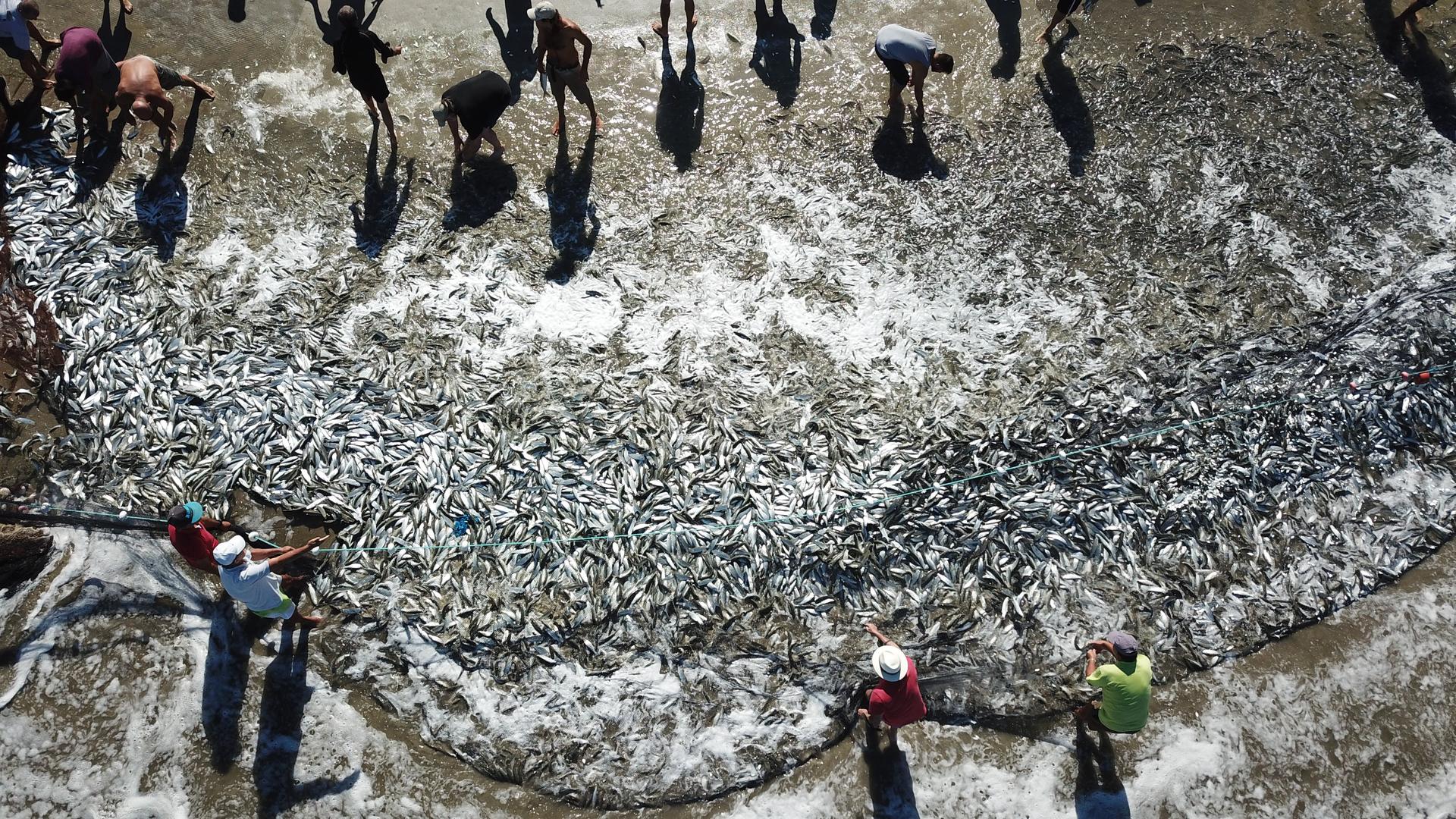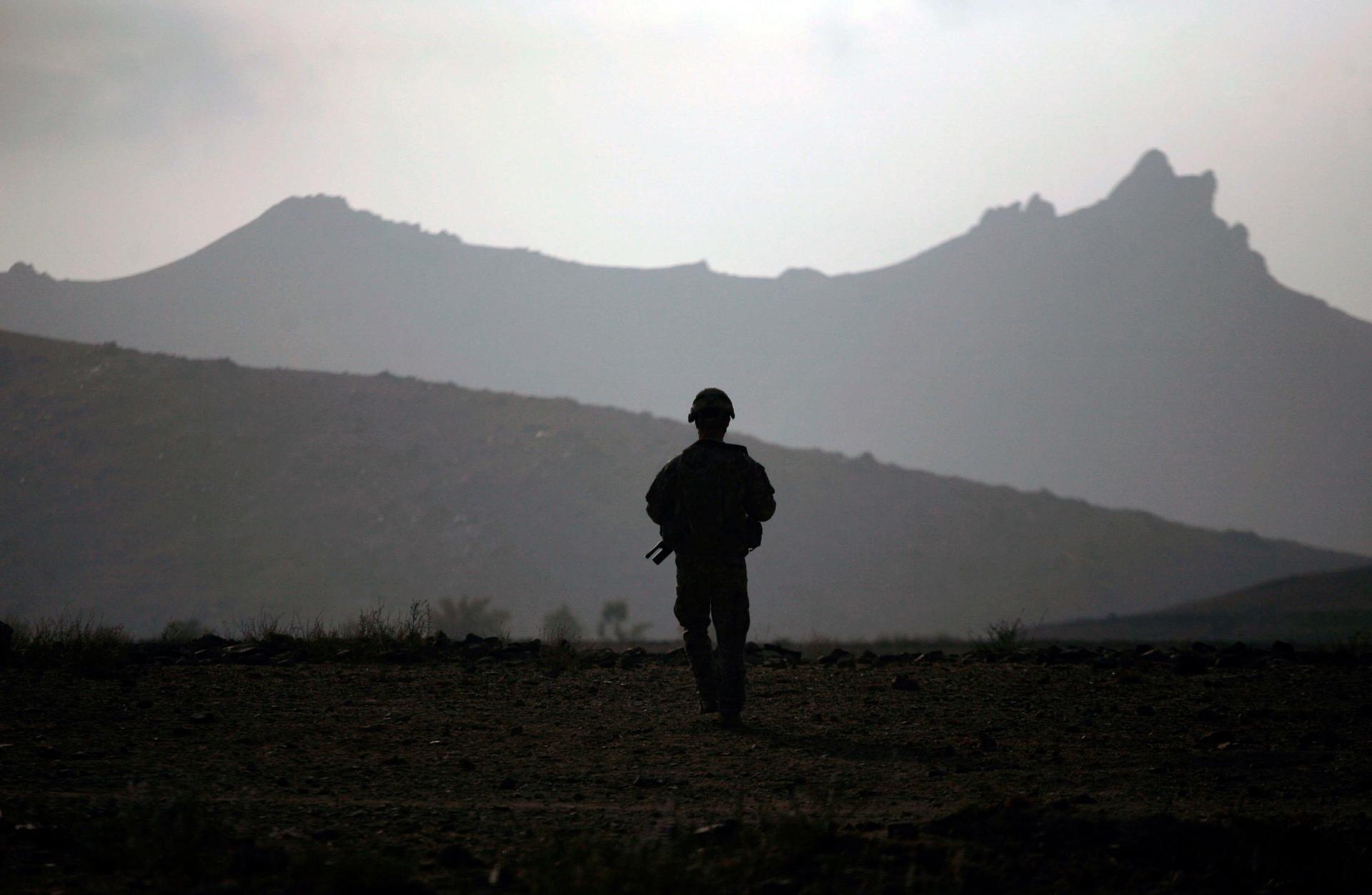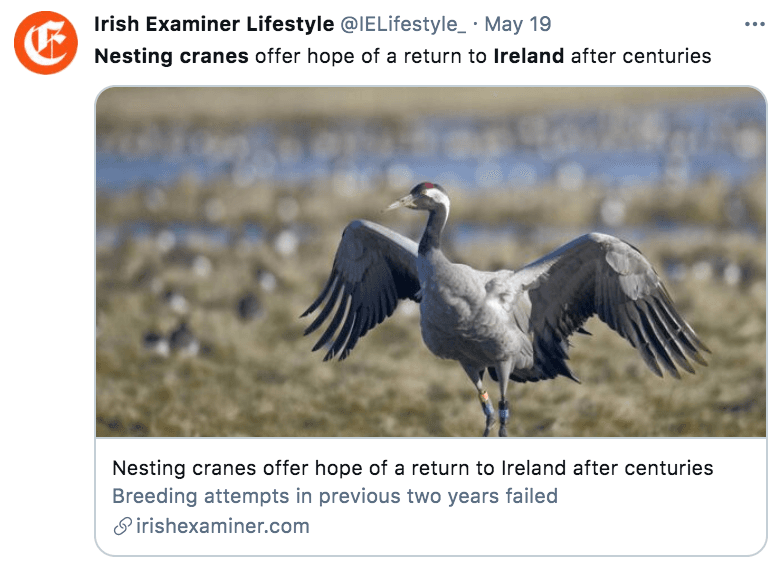Top of The World — our morning news roundup written by editors at The World. Subscribe here.
Israel-Hamas
Israel and Hamas have agreed to a ceasefire that went into effect at 2 a.m. local time, ending 11 days of fierce fighting. The office of Israeli Prime Minister Benjamin Netanyahu said his Security Cabinet had unanimously accepted an Egyptian ceasefire proposal, following recommendations from Israel’s military chief and other top security officials. In a statement, his office claimed “significant” and “unprecedented” achievements during the operation, but his right-wing base has accused him of stopping the operation too soon. Hamas also claimed victory, but now has to rebuild once again, in a territory already suffering from poverty, unemployment and a COVID-19 outbreak.
Dr. Anthony Fauci
Leading US infectious disease expert Dr. Anthony Fauci says that “Americans would ‘not necessarily’ need to get booster shots this fall for further protection from COVID-19,” but didn’t rule it out as a possibility. Fauci said that scientists will be tracking data on the virus and its variants, and urged people to continue following CDC guidelines. He also cautioned unvaccinated people to continue wearing masks. Tune in to The World today for an interview with Dr. Fauci as he discusses the latest on the coronavirus situation with host Carol Hills.
Spain
Spain plans to open up to some tourists for the summer, and has announced that visitors from the UK will not need a PCR test to enter. “We are hugely thrilled at the prospect of our tourism industry recovering, of the streets of our towns and cities filling up once more,” said Prime Minister Pedro Sánchez. He also applauded the European Union’s decision to introduce COVID-19 travel certificates, allowing EU citizens to travel freely across the bloc. Spain was especially hard-hit in the early months of the pandemic, and travel restrictions have crushed its tourism industry.
‘Difficult years’: Brazil’s fishing communities struggle to stay afloat during pandemic

For the fishing community of Pantano do Sul, on the southern tip of the island of Florianópolis, Brazil, it’s the most exciting time of the year: the return of the tainha or mullet.
The fish often exceed a foot long and weigh 10 pounds or more. As they flop on the sand, fishers and villagers pick them up, two at a time, and carry them up the beach to be divided among the group. One catch can sometimes round up thousands of fish.
It’s a tradition that’s been carried on for generations, but has recently been overshadowed by the COVID-19 pandemic.
Frustration over lack of plan to protect Afghans working with US and NATO forces

Imagine stepping outside your home and finding a letter that calls you and your family traitors who will be killed. Many people in Afghanistan receive these threats because of their work for the US military. Now, as the US leaves Afghanistan, there’s a growing push to prioritize the safety of these Afghans.
The World’s Monica Campbell ? has been following the story and how one Afghan family is holding onto the hope for a safer life.
Bright spot
In Ireland, they’re now witnessing something that hasn’t been seen in 300 years, a pair of cranes nesting in a bog. That’s cause for a big celebration. “We do occasionally get these birds appearing in the wintertime. But it was really exciting to see a few birds appear in one of our bogs in the springtime, and then starting to display and starting to build a nest. Unfortunately, we haven’t seen any chicks yet, but we’re really excited about this year because the birds actually came back,” ? said Mark McCorry, lead ecologist at Bord na Móna, a former peat-producing company that “rewetted” the bog.

In case you missed it from The World
Israel announced a ceasefire with Hamas militants on Thursday after 11 days of fighting and widespread destruction in the Gaza Strip. And, over the years, the Arctic has become a source of tension between Russia and some NATO countries in the region. Also, bipartisan US lawmakers are calling on the Biden administration to do more to protect thousands of Afghans and their families who face deadly threats for their work with Americans and their allies in Afghanistan. And, a nesting crane sighting in Ireland is sparking hope of a resurgence in numbers.
Don’t forget to subscribe to The World’s Latest Edition podcast using your favorite podcast player: RadioPublic, Apple Podcasts, Stitcher, Soundcloud, RSS.
The story you just read is accessible and free to all because thousands of listeners and readers contribute to our nonprofit newsroom. We go deep to bring you the human-centered international reporting that you know you can trust. To do this work and to do it well, we rely on the support of our listeners. If you appreciated our coverage this year, if there was a story that made you pause or a song that moved you, would you consider making a gift to sustain our work through 2024 and beyond?
